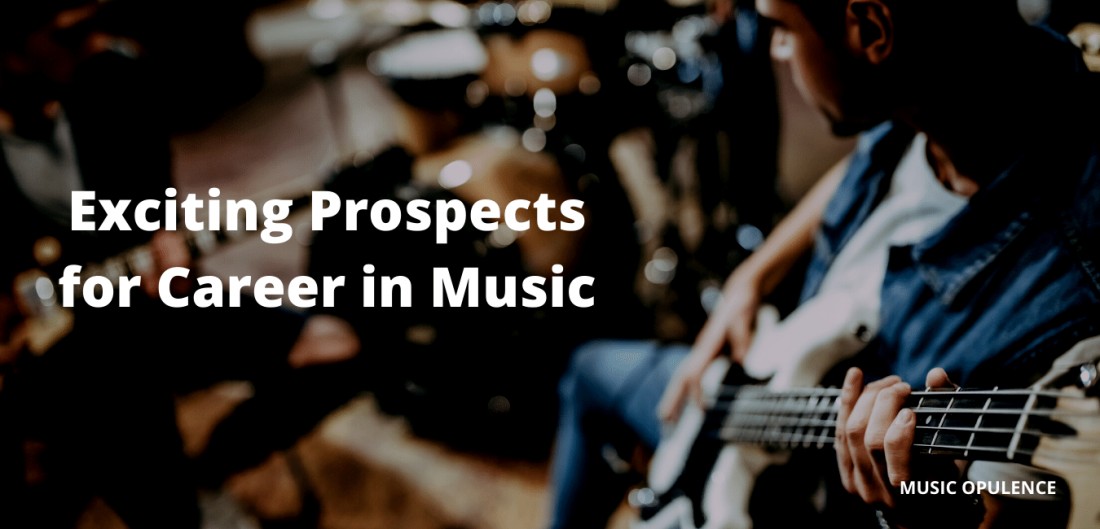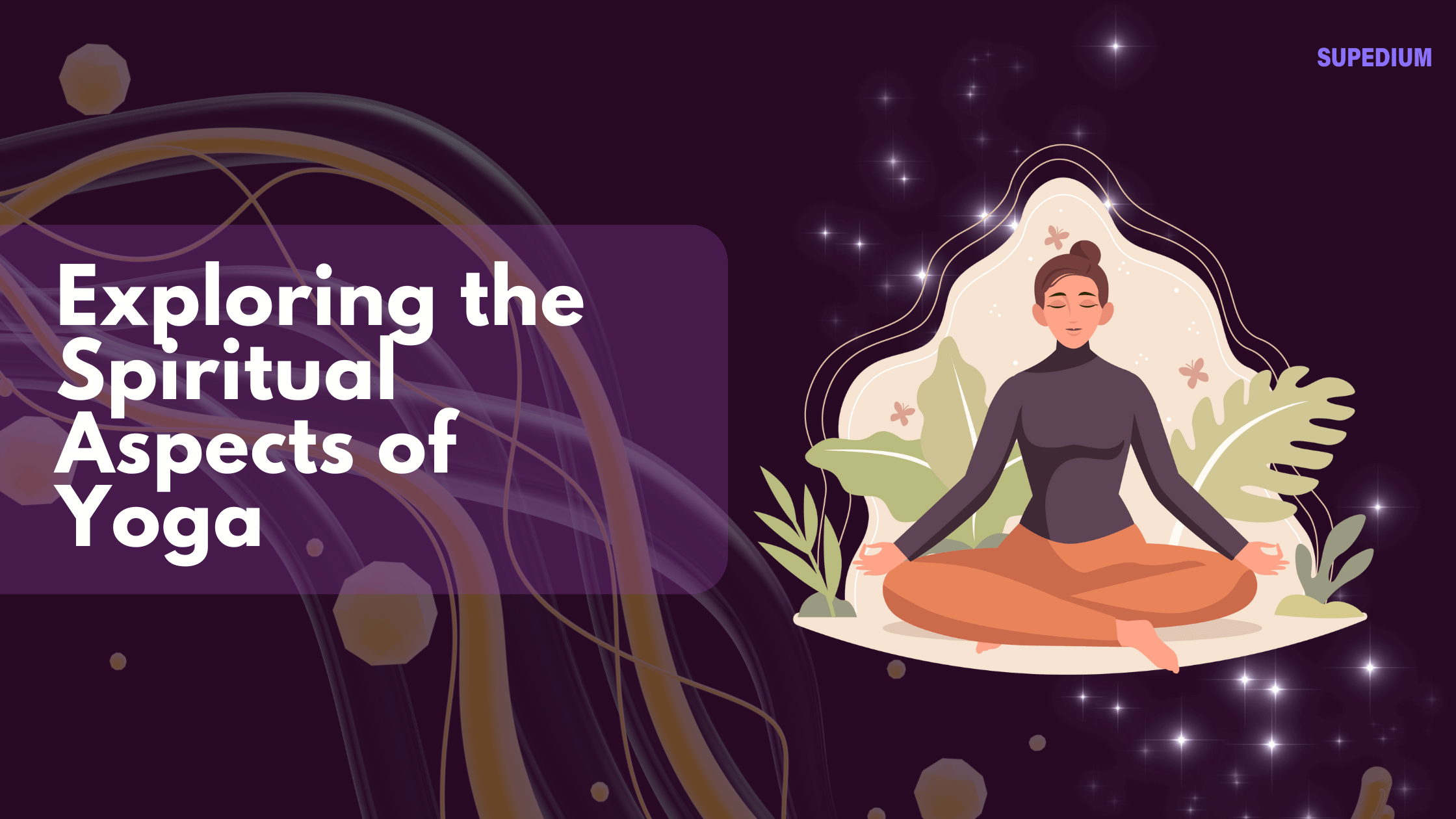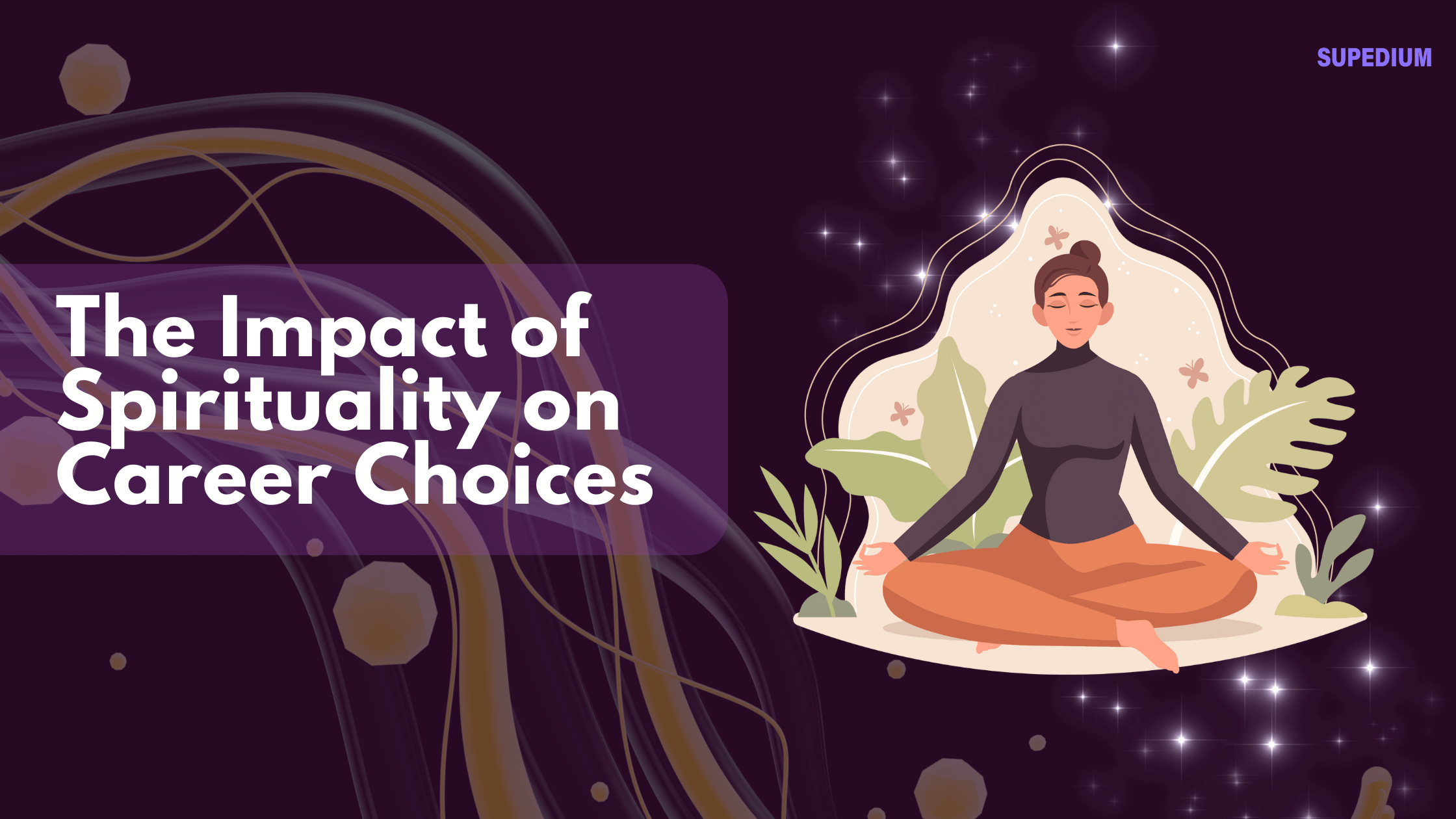![]()
Music is no longer considered merely a hobby or a pleasant way to pass the time. Today, music is much more than a job. It must be filled with zeal and passion. It is a highly competitive and youthful environment. As a result, this article must be young; it must have the flavour of something new, most likely because I am young, my readers will be young, and it is the youth who make what modern India is all about – a Young and Dynamic India. As a result of venturing into the vast ocean of music, particularly Hindustani music, many young buds like myself are likely to be concerned about their future careers in this field. Music has become a highly respectable and lucrative career option due to the growth of the entertainment industry, which includes all types of faculties and organisations such as the film industry, advertisement industry, radio and television industry, and so on. Unfortunately, many of us in a small town like Allahabad are unaware of where music is heading.
So, in this fast-paced age, where everything has converged to the era of “Nano” (I’m referring to the latest technology that has zoomed up like a Sapaat Taan of the Gwalior Gharana), I should express my thoughts in a simple, direct, but comprehensive manner.
First and foremost, what exactly is music? Let us first define Indian music in a nutshell.
“Geetam, vaadyam tatha nrityam, triyam Sangeet muchchyate,” a maxim from Sharangdev’s granth – Sangeet Ratnakar.
According to the above maxim, Indian classical music, which is a school of thought, consists of three distinct arts:
- (a) Vocal or Singing (the vocal expression of sound, such as Khayal, Ghazal, Bhajan, and so on);
- (b)Playing a musical instrument (the expression of music through an instrument such as a sitar, veena, or harmonium, for example) and, last but not least,
Dancing is a word that has a lot of different meanings depending on who you (The expression of music bodily through the art of Dance).
These three arts are inextricably linked, no matter how you put it. This is true of both the North Indian Music and the Carnatic Music styles, or Paddhatees, of Indian music.
The expansion of the entertainment industry has opened many new doors and vistas for those who want to pursue their passion for music professionally.
Music (Singing, Dancing, and Instrument Playing) offers a wide range of jobs based on a person’s interests and abilities. Jobs in the music industry are broadly classified as follows:
- Teaching is one of the oldest professions in music. Those who prefer one-on-one interaction can open their own music school and teach / train other aspiring singers. You can start a coaching class to prepare students for scholarships and competitive exams like the Sangeet Natak Academy, MHRD, NET, jingles for shows like Sa Re Ga Ma, and ad campaigns. This is, without a doubt, a very lucrative career path.
Nonetheless, I’d like to suggest that you come out of this and look into some other options!
- Sound Recording: You must be a trained sound engineer, a trained sound recordist, a combiner, or an editor to do this. However, in order to do so, one must be familiar with the most recent computer softwares on the market, as well as recording gadgets, and be able to easily manage recording instruments and techniques.
Singers with a well-trained voice can also perform in recording studios and lend their voices as backup vocals, among other things.
- Concerts / Performances and Live Shows: A professional singer/instrumentalist/dancer, or a freelancer, can perform in front of a live audience at concerts and live shows, such as weddings and birthday parties, and can be a religious music impresario for NRIs returning to their roots in religious functions, among other things.
- DJs, VJs, and RJs: Those who do not sing but enjoy music can work as a DJ (Disc Jockey), RJ (Radio Jockey), or VJ (Video Jockey) (Video Jockey). All three are about music. What distinguishes them is the medium through which they reach their audiences. A VJ presents music on television in the same way that a Music Compere does for Antakshari type shows, an RJ presents music on radio, and a DJ presents music at live shows or discos.
- Instrument Repairing / Instrument Manufacturing: This industry has a lot of potential, especially in large cities. Traditional and modern electronic instruments, as well as instrument substitutes, are spreading their wings and gaining acceptance around the world. In today’s world, a career in this specific field cannot be overlooked.
- Event Management/Organization: You must be a creative and intuitive manager or supervisor. Music concerts can be organised. Nowadays, there are jobs available for teaching Mehendi and Banna Banni songs for weddings/event management, among other things. What, after all, does SpicMacay do? Or, if you don’t want to go that far, consider the annual music conferences organised by Prayag Sangeet Samiti. I’m guessing they’re looking to outsource event management to someone who can deliver.
- Music Therapists: There are numerous examples of music being successfully used for therapeutic purposes. It has even been used to boost crop or milk production. One can set up a clinic in a spa, similar to what an aroma therapist or a gemologist does, and cure people while also contributing to a good cause.
- Music Composer: This is one of the most creative and innovative fields in music, in which “You Make Music.” Yes, your music will make people tap and rap. This appears to be very interesting, but it also appears to be intelligent work. A music director or composer must be familiar with a wide range of musical styles. Assume you’ve been tasked with creating a track that has the ‘feel’ of Arabic music, Boul geet, or Lavani. Did you notice I said ‘feel of…’? That means it should present the mood of Arabic music (or Boul or Lavani), but it should not be entirely Arabic music.
- Music Arranger: His job is distinct from that of a composer, but it is not what most people believe. He is required to ‘arrange’ music from a song or background scores. One must have extensive knowledge of various instruments, sounds, and so on, as well as the ability to establish a network of all types of music professionals whose services can be utilised as needed by the Music Director.
- Orchestration: Remember Ustad Allahuddin Khan’s “Maihar Band”? Another Zubin Mehta film? I can think of a few more names: Beethoven, Mozart, Hyden, and so on. They all made history by creating music with various instruments and instrumentalists.
- Web or software developer: I’m not joking. People will admire you if you are a software professional or a website designer who can create your own music website as well as software.
- Paper Reading: If you understand music well, you can write a paper and read it to discerning audiences. That is, explain your research or project to a group of people. If you know how to use Microsoft Office’s power-point in Windows, you can create a power-point presentation and use it to give a lecture.
- Music restorer: As a music historian, you can restore music recordings such as CDs, Cassettes, Videos, Tapes, books, and create your own archive or library.
- Musician: You can sell music by opening a music store, for example.
- Others: Continue your musical career in hotels, airlines, railways, and army bands, all of which are fancy and professional, with fixed salaries. If you are interested in dance, you can pursue a job as a music choreographer, but keep in mind that you must be familiar with a variety of dance styles, such as Kathak, Salsa, or Jive, as well as music journalism/e-journalism [where you must have good writing skills].






Be the first to comment